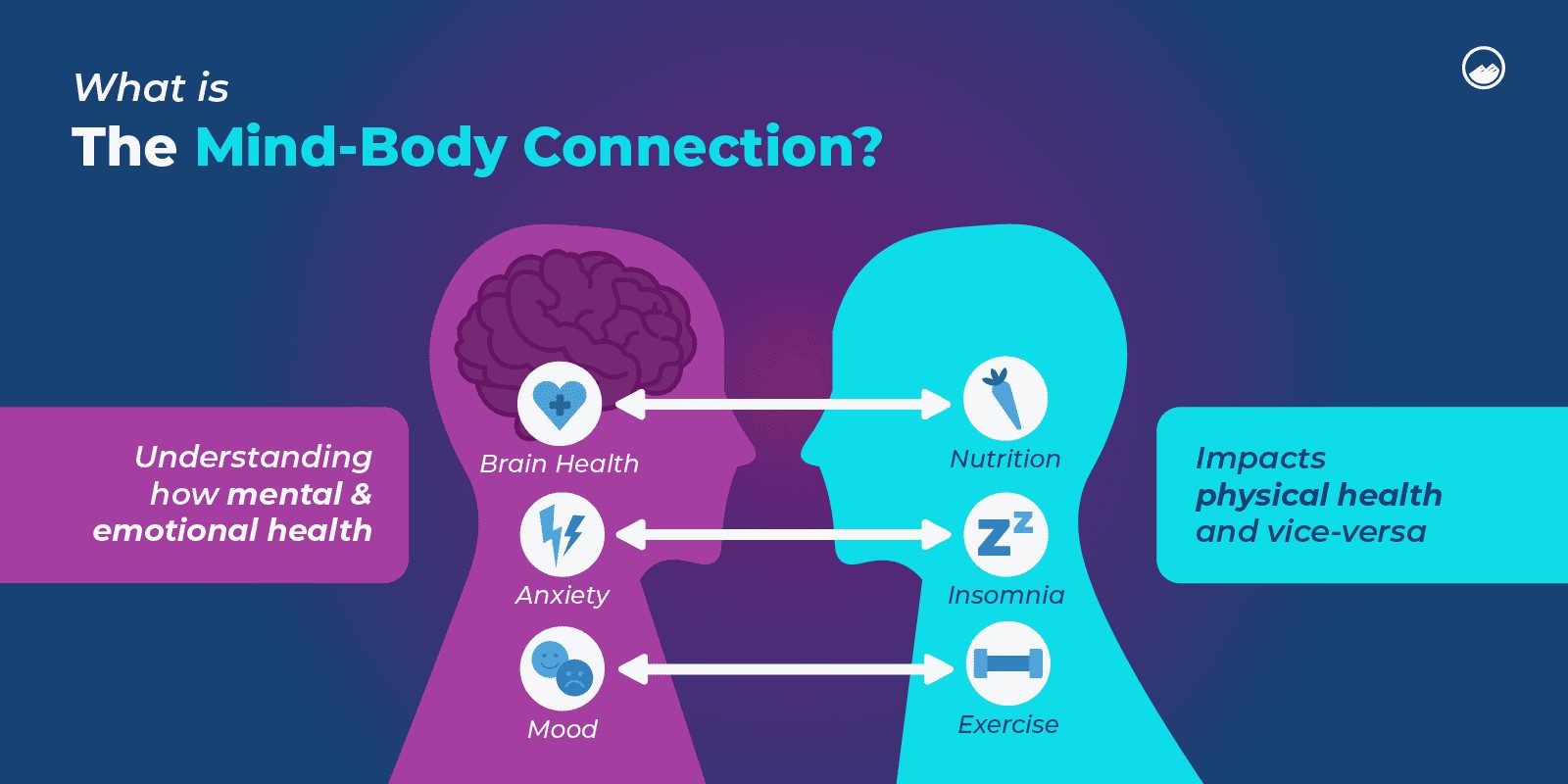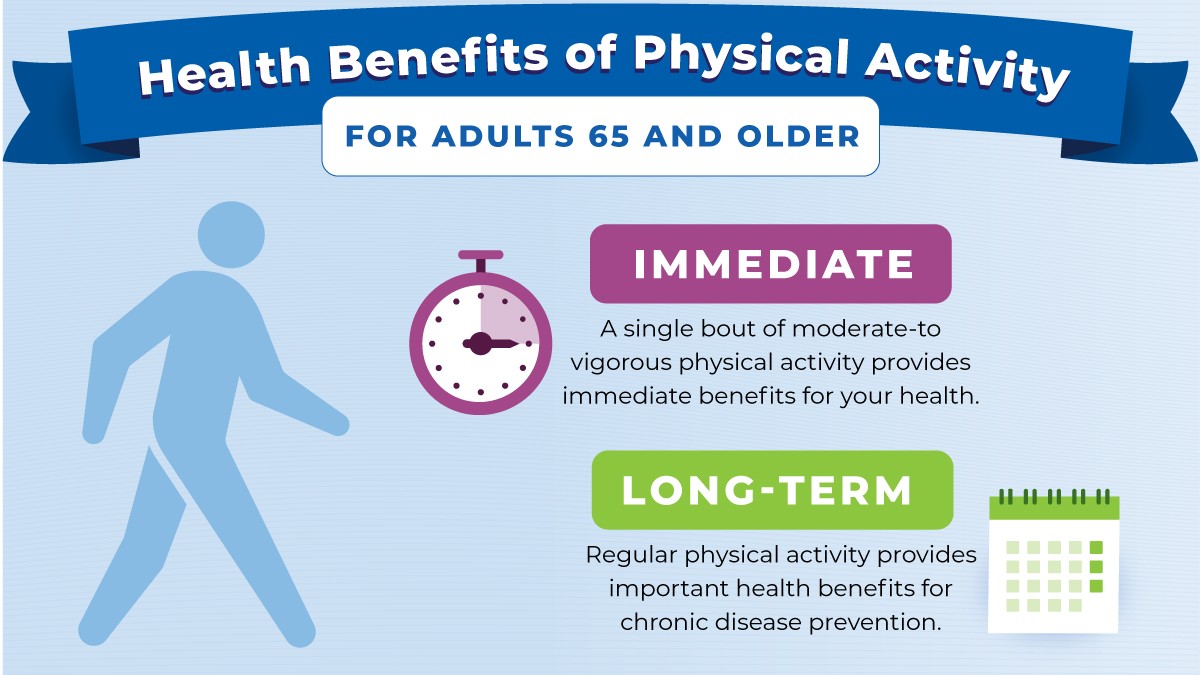In the relentless pursuit of peak performance and holistic well-being, the modern professional often seeks strategies that optimize every facet of their existence. While the distinct realms of physical health and mental acuity are frequently addressed in isolation, a more profound understanding reveals their intricate, inseparable relationship: the mind-body connection. This isn’t merely a philosophical concept, but a robust scientific reality, demonstrating that our thoughts, emotions, and beliefs exert a tangible influence over our physiological state, and conversely, our physical health profoundly shapes our mental landscape. For the discerning individual, particularly those who approach personal well-being with the same strategic foresight applied to business operations, truly grasping the “Understanding the Mind-Body Connection” is not just about feeling better; it’s about unlocking a deeper level of resilience, enhancing cognitive function, and fostering sustainable vitality.
For centuries, Western thought largely adhered to a dualistic view, separating the mind as an ethereal entity from the physical body. Modern science, however, armed with advanced neuroimaging and biochemical analysis, has unequivocally demonstrated that this separation is an illusion. The brain, the seat of our thoughts and emotions, is a physical organ, intricately wired to every system in the body through neural pathways, hormonal signals, and chemical messengers. Every thought we think, every emotion we feel, triggers a cascade of physiological responses, often below the level of conscious awareness. For instance, a stressful thought can immediately elevate heart rate, increase blood pressure, tense muscles, and release stress hormones like cortisol and adrenaline. This instantaneous, bidirectional communication underscores that the mind and body are not merely connected; they are deeply integrated, operating as a singular, dynamic system.
Consider the pervasive impact of stress, a common companion for professionals navigating the demanding business environments of cities like Bangkok. When under chronic stress, the mind perceives a threat, activating the sympathetic nervous system – our ancient “fight or flight” response. This mental state translates directly into physical changes: blood flow is diverted from digestive organs to major muscles, heart rate and blood pressure remain elevated, and the immune system is suppressed to conserve energy. While this response is vital in acute emergencies, its prolonged activation due to persistent mental stress can lead to a litany of physical ailments: digestive disorders, chronic inflammation, weakened immunity, cardiovascular issues, and persistent fatigue. This direct correlation serves as a powerful testament to how mental states can physically manifest, impacting not just our comfort but our fundamental biological functions.
Conversely, the state of our physical body profoundly influences our mental and emotional well-being. A lack of sleep, for instance, doesn’t merely make us tired; it impairs cognitive function, reduces emotional regulation, and increases irritability. Similarly, a diet rich in processed foods can contribute to inflammation throughout the body, including the brain, potentially impacting mood and increasing the risk of mental health challenges. Physical pain, whether acute or chronic, can drain mental energy, diminish focus, and lead to feelings of frustration or despair. Even subtle physiological imbalances can cast a long shadow over our mental clarity and emotional resilience. This reciprocal influence underscores the futility of addressing one aspect of health without considering the other; true well-being demands a holistic approach.
The profound implications of the mind-body connection extend into areas like pain management, healing, and even disease prevention. The placebo effect, where a patient experiences real physiological improvement simply from believing they are receiving treatment, is a powerful demonstration of the mind’s capacity to influence the body’s healing processes. Similarly, practices that cultivate positive mental states, such as mindfulness, meditation, and gratitude, have been shown to reduce stress, improve immune function, and even alter gene expression in ways that promote health. These techniques foster a sense of calm and coherence in the mind, which in turn sends calming and restorative signals throughout the body, supporting its natural healing capabilities.
For the modern professional, leveraging the mind-body connection offers strategic advantages beyond just physical health. Enhanced emotional regulation, a direct outcome of a balanced mind-body system, leads to improved decision-making under pressure and more effective interpersonal communication. Reduced chronic stress frees up cognitive resources that would otherwise be consumed by anxiety, leading to greater focus, creativity, and problem-solving abilities. A deeper understanding of this connection also fosters greater empathy and self-awareness, crucial qualities for effective leadership and team collaboration. It encourages a proactive approach to well-being, recognizing that investing in mental and emotional health is as vital as physical fitness.
In conclusion, the understanding of the mind-body connection is not a nascent field but a matured science offering profound insights into human well-being. By recognizing that our thoughts, emotions, and physical states are intricately interwoven, we move beyond simplistic health paradigms to embrace a holistic view of ourselves. This perspective empowers us to make more informed choices about stress management, nutrition, physical activity, and mental practices, knowing that each action sends ripples throughout our entire system. For the discerning professional, this integrated understanding is a powerful tool, fostering a level of self-mastery that not only optimizes health and performance but also cultivates a deeper sense of resilience, vitality, and balance in a perpetually demanding world. It is the ultimate strategic alignment: harmonizing the inner workings of self to achieve outer success and sustained well-being.




